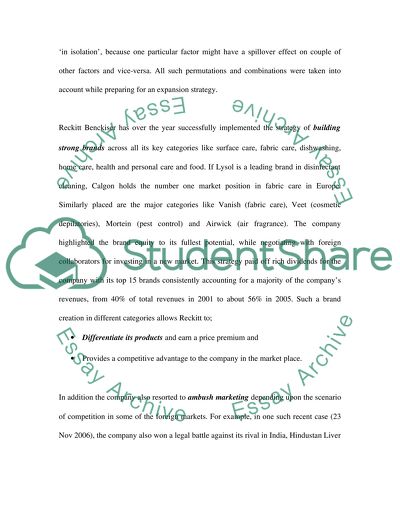Cite this document
(“Principles of International Business Management Essay”, n.d.)
Principles of International Business Management Essay. Retrieved from https://studentshare.org/miscellaneous/1520105-principles-of-international-business-management
Principles of International Business Management Essay. Retrieved from https://studentshare.org/miscellaneous/1520105-principles-of-international-business-management
(Principles of International Business Management Essay)
Principles of International Business Management Essay. https://studentshare.org/miscellaneous/1520105-principles-of-international-business-management.
Principles of International Business Management Essay. https://studentshare.org/miscellaneous/1520105-principles-of-international-business-management.
“Principles of International Business Management Essay”, n.d. https://studentshare.org/miscellaneous/1520105-principles-of-international-business-management.


